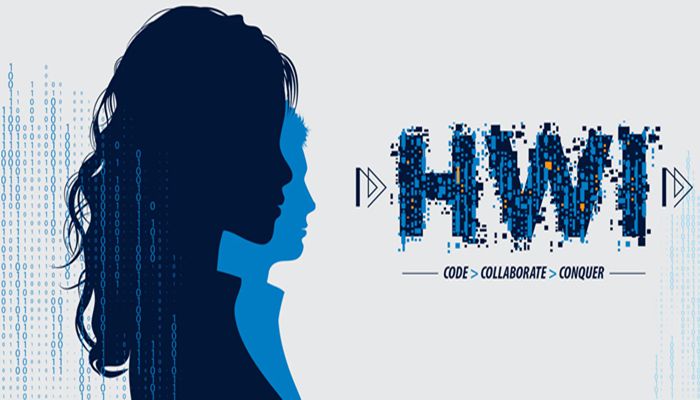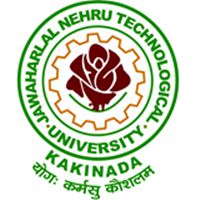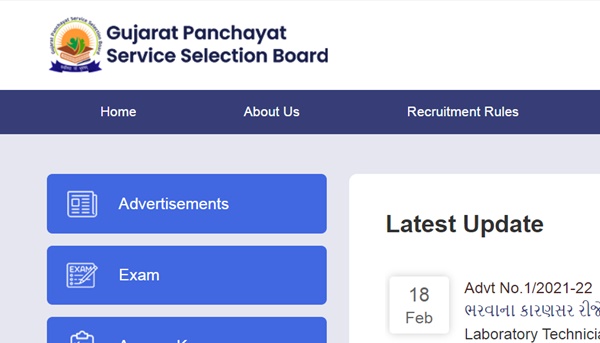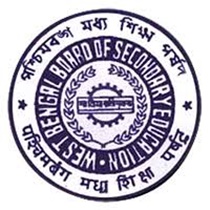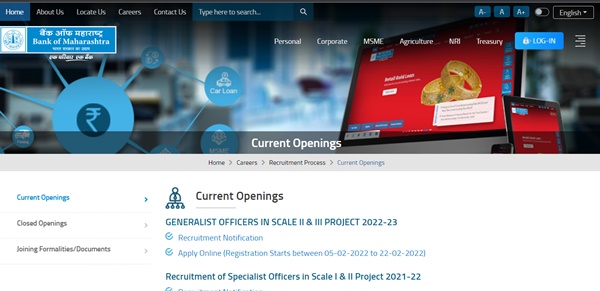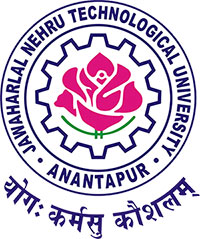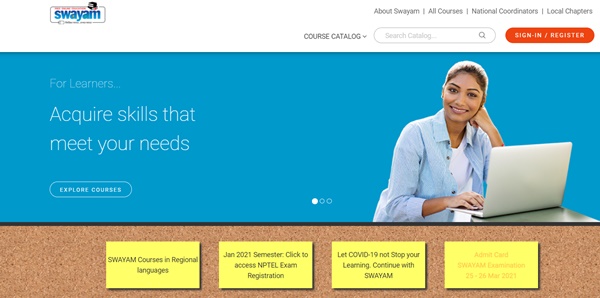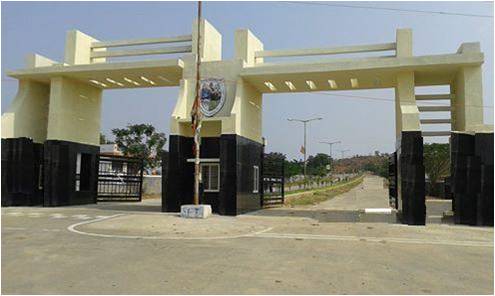Krishna University Time Table 2022 3rd Sem: Krishna University has released time table of Degree 3rd Sem BA, B.Com, B.Sc, BBA, BCA March 2022 examinations. Students pursuing the Graduate Degree (UG) in Krishna University can check the time tables from the Krishna University official website, krishnauniversity.ac.in. Students can check the Krishna University UG Time Table for 3rd Sem Regular/Supply Exams. The time table consisting the information of exam dates, subject-wise exam information, timings, examination center and other details from the time tables. Students who are presently undergoing the 3rd Sem Regular courses and who are having the supplementary exams in the semesters can check the Krishna University Time Tables 2022.
Krishna University Degree 3rd Sem Time Table March 2022 BA, B.Com, B.SC
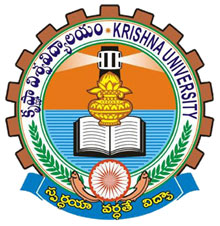
Krishna University is one of the reputed universities in the state of Andhra Pradesh. The University was established in the year of 2008 and the university was situated in Machilipatnam, Andhra Pradesh. The university offers various graduate degree/postgraduate degree courses. The Krishna University is offering quality education for students. It offers various graduate degree courses such as BA, B.Sc, BBA, B.Com, B.Sc, and other courses and the varsity also offers various postgraduate degree courses, professional degree courses for the students. Annually a huge number of students coming out with certification from this university.
Krishna University Degree 3rd Sem Time Table 2022
Krishna University Applications are invited from the eligible candidates of III Semester UG (B.A./ B.Com.(Gen/Comp/Hons)/ B.Sc./ B.Sc.(H&HA)/ B.C.A./ B.B.A./ B.A.(OL)) with Choice Based Credit System (CBCS) students of Krishna University affiliated colleges for the academic year 2021-22.
KU UG 3rd Sem Exam Dates 2022:
| Name of the University | Krishna University |
| Name of the Examination | III UG (CBCS) Examinations, 2022 |
| Date of Examinations | Regular: 07-03-2022 to 21-03-2022 Supplementary: 07-03-2022 to 17-03-2022 |
| Categories | UG Time Tables 2022 (Released) |
| Official website | krishnauniversity.ac.in |
The Following UG Examination Time tables are Announced:
- Time Table for Degree 3rd Semester Examinations, March 2022 (B.A, B.Com. (General), B.Com. (Computers), B.Com. (Hons), B.Sc., B.Sc. (H&HA), BBA, BCA)
The Krishna University conducts the examinations in August month and September/November months every year. KU follows semester system to conduct the examinations for the aspirants. Candidates pursuing under Krishna University appears for the semester examinations as per the curriculum.
Krishna University Degree BA, B.Com, B.SC 3rd Sem (CBCS) Time Table 2022
The Krishna University has conducted the March-April examinations and already released the results. Now, the university is going to conduct the odd semester examinations in the month of March 2022. Candidates pursuing the Graduate Degree in Krishna University can check the 3rd semester time table from the Krishna University website, krishnauniversity.ac.in. Candidates can check the 3rd Sem time table clearly and take a printout to have the clarity about the exam dates. Krishna University odd Semester Time Table 2022 for Regular/Supplementary exams were provided at the end of the article.
UG III Semester Regular Examinations, March- 2022 -Exam Centres-Download
UG III Semester Regular Examinations-March, 2022 -Time Table-Download
UG III Semester Supplementary Examinations-March, 2022 – Exam Centres-Download
UG III Semester Supplementary Examinations, March, 2022 -Time Table-Download
How to Download KU UG/Degree Time Tables 2022
- Open Official Krishna university website www.krishnauniversity.ac.in
- Click on Exam Time Tables 2022 link.
- Click on the respective Semester link and Download the Time Tables.
- Save a Copy For Future Reference.
- All the Best

320-x100(1).gif)

